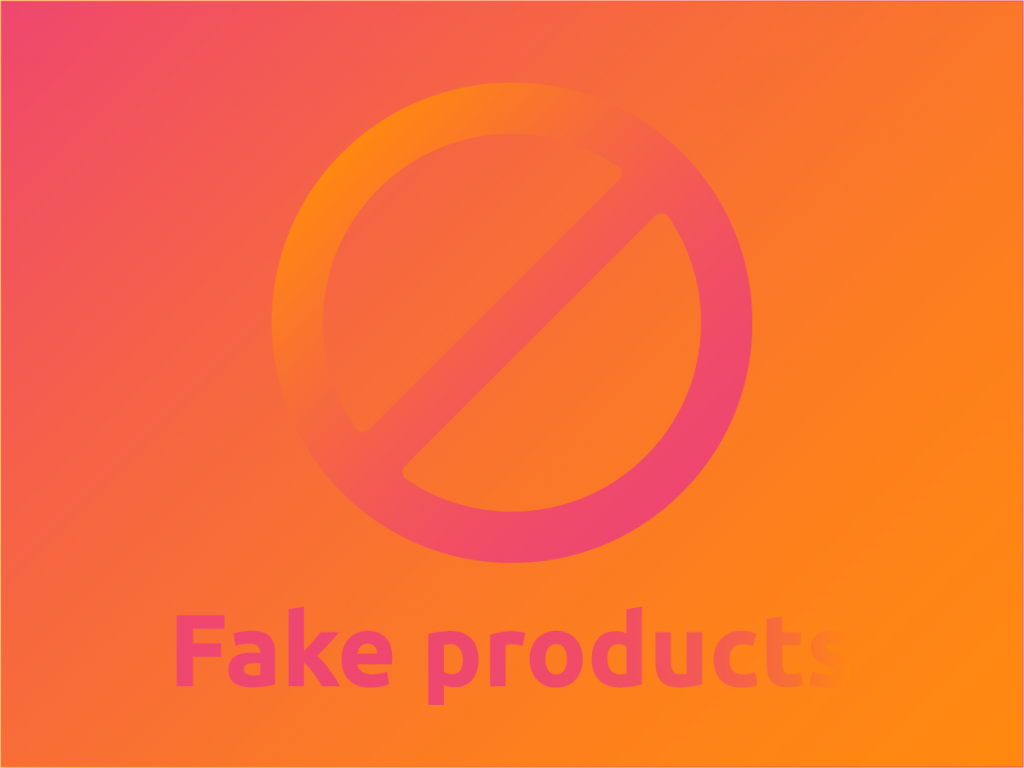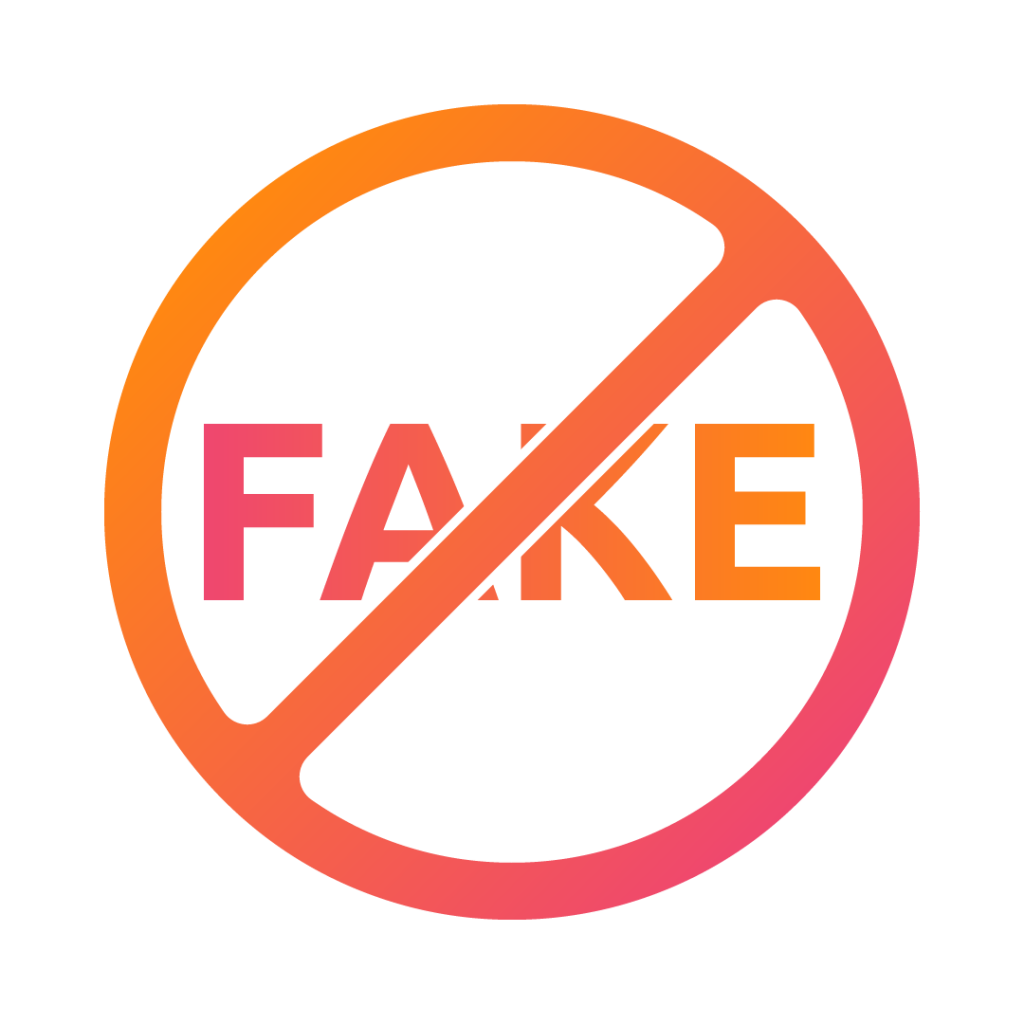Who is responsible for fake products online?
Imagine that you are a brand owner, and you see an advertisement on Facebook selling obvious counterfeit (fake) products with your brand on it! What can you do? Of course, you can file a complaint and try to chase all sellers who sell these products and delete each and every ‘fake’ advertisement. But what if there are hundreds of these online platforms, and many thousands of these sellers? That would be like a ‘whack-a-mole’ game, a never-ending story. With the growing power of large online platforms such as Facebook, Instagram and Amazon, the question arises: What is the role and responsibility of online platforms in the ‘digital battle’ against fake products?
The case against Facebook
Recently, a Dutch court had to decide on these questions in a legal case between Tommy Hilfiger (part of PVH) and Facebook. Tommy Hilfiger was often confronted with ‘fake’ advertisements offering counterfeit “Tommy Hilfiger” products. Tommy Hilfiger had to notify Facebook every time they found such advertisements, and every time Facebook would delete these advertisements. However, the fake advertisements kept coming back up after they were deleted, under a different name, and the brand owner could start all over again. It looks a bit like a ‘whack-a-mole’ game (where you have to hit the mole, but the mole keeps popping up from another hole).
Since this method is not very efficient or effective, Tommy Hilfiger started court proceedings against Facebook, to demand a more active approach from Facebook in deleting and preventing such fake advertisements. There have been many court cases in the past about the role and responsibility of online platforms. However, this case may be the start of a new direction, which is not in favour of online platforms.


From a neutral to active role
To understand what this new direction means, we have to look back into legal history. In the European Union, there is an eCommerce law since 2000, which basically says that information service providers (such as hosting providers) are not responsible for the content on their platform. The original reason behind this law is that these service providers are ‘neutral’, and only play a facilitating role. It was considered unreasonable if they were held responsible for something they do not see, know or control.
For many years, online platforms could, more or less, wait until someone complained, and then only had to delete something that was clearly infringing or unlawful. In many cases, the online platforms would refuse such deletion requests, on the basis of ‘freedom of speech’, or they would wait for a court decision. Besides chasing the advertisers, there was not much else you could do as a brand owner. But with the growing power and market share of online platforms, the responsibility of online platforms has started to shift as well.
More active role leads to more responsibility
Now back to the Facebook case: the court decided that Facebook plays an active role with regard to its advertising policy, and the advertisements on its platform. In that case, Facebook cannot be considered to be a ‘neutral’ party. The result is that Facebook should take more active measures against advertisers that infringe on copyrights and trademarks. Although Facebook is not infringing on those IP rights itself, it can still be held liable for not taking enough measures.
- The court ordered Facebook to actively take measures against fake advertisements on both Facebook and Instagram. Facebook had to take down advertisements on both platforms, that have the following characteristics (and contain the Tommy Hilfiger brand):
- Very low prices or large discounts;
- Combination of 3 or 4 images;
- If you click on the advertisement, you go to a different website than mentioned in the advertisement;
- The advertisement contains bad grammar or the description is irrelevant for the advertised products;
- Mention of free delivery costs;
- It concerns Facebook ‘community’ pages set up just before the advertisement date.
Other actions of Facebook
Facebook was also ordered by the court to do the following:
- Provide all information they have about the advertisers, such as: name, address, email address, telephone number of the person who made the ‘Ad Account’;
- Provide registration dates, payment details, log-in details, IP addresses used for log-ins and advertisement placements in question;
- Actively terminate all advertisement agreements with the advertisers that meet the above conditions within 5 working days;
- Deny access to those advertisers in the future;
- Respond to similar requests of Tommy Hilfiger, within 14 days after such request.
- Pay a penalty of EUR 10.000 for each day that Facebook does not comply with the above, with a maximum of EUR 2.000.000
- Pay EUR 25.000 for lawyer costs of Tommy Hilfiger.

The beginning of a new direction
This case shows that the growing power of online platforms is leading to a mind shift, and a shift in responsibility. Large online platforms such as Facebook are no longer seen as a ‘neutral party’, and they are expected to take more active measures in the ‘digital battle’ against counterfeit products. The new rule seems to be: the more involvement, the more responsibility for online platforms.
I have a feeling that this is just the beginning, and that more cases like these are to be expected in the near future.
Do you want to know more about the legal requirements of online platforms, or about eCommerce law? Just leave a message below, check out the IT Law page, or contact me.





